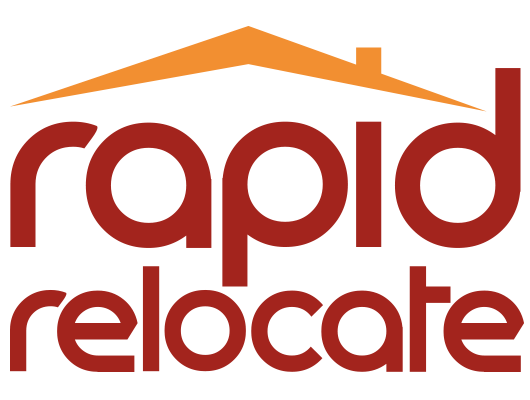December, 2023
What will happen in terms of alternative accommodation costs, availability, investments, and regulations in 2024?
As we approach 2024, the landscape of accommodation is set for significant shifts. From hotels to self-catering options, long-term rentals, and innovative temporary living solutions, here’s a comprehensive look at what the future holds.
Hotels: Balancing Act in the Wake of Changing Dynamics
The demand for UK hotel accommodation is expected to hit a plateau in 2024. Despite the ongoing surge in staycations and business travel, the PwC UK Hotels Forecast 2023-2024 anticipates a clash between increasing supply and waning demand. The post-COVID ‘revenge travel’ wave is subsiding, leaving the economy in a sluggish state.
While business travel and events may counterbalance the softening leisure demand, certain locations face a risk of oversupply, benefitting the alternative and emergency accommodation sector.
However, increased costs are likely to drive hotel rates in London up by 9% in 2024, with an average 5% increase nationwide. This hike is mainly attributed to rising minimum wage levels from April 2024. To remain competitive, hotels will face pressure to maintain reasonable rates, especially in the face of heightened price sensitivity among potential guests.
To stay afloat in this evolving landscape, hotel chains must invest in technology to reduce operating expenses. Sustainability is also taking centre stage, with hotels adopting practices like LEED certification and integrating IoT technology to achieve net-zero emissions by 2050.
New regulations, such as ‘Martyn’s Law,’ will usher in enhanced security measures, ensuring public premises are prepared for potential terrorist attacks. While larger hotels may navigate these changes seamlessly, smaller and independent establishments could face additional costs in compliance.
Self-Catering/Short-Term Lets: Riding the Wave of Staycations
The weakened pound has positioned the UK as an attractive holiday destination, boosting demand for short-term lets. Savills predicts a 10% increase in average daily rates in 2024, with London experiencing a 15% rise due to limited supply and enduring tourist appeal.
The sharing economy and digital platforms continue to reshape the short-term letting market, offering unique properties and personalised experiences. However, with the government planning a registration scheme for short-term let properties in England in 2024, the focus is on maintaining quality assurance and safety standards.
In Wales, collabortion with Plaid Cymru proposes licensing requirements for holiday let providers, ensuring adherence to standards. Scotland has already implemented a licensing system for short-term lets from October 2023.
Long-Term Lets: The Evolution of Rental Dynamics
As of August 2023, renting has become more affordable than buying in terms of monthly payments for the first time since 2010. This shift, coupled with an undersupply of properties and increased demand, is projected to drive a 6% average rental price increase in 2024, but we are past the peak in rental growth.
The UK’s housing shortage, compounded by higher borrowing costs and policy changes, has landlords selling properties, contributing to the supply-demand imbalance.
The Renters Reform Bill aims to empower tenants further, abolishing fixed-term tenancies and allowing pet ownership with landlord consent. Expected to become law on October 1, 2024, the bill will initially impact new tenancies, with pre-existing ones included a year later.
Temporary ‘At-Home’ Solutions: Embracing Modular Living
Modular living solutions are gaining popularity for their design flexibility, superior insulation, and adaptability to various needs. With technological advancements, remote video surveys and energy-efficient features enhance efficiency and reduce costs. These solutions provide an innovative approach to addressing temporary housing needs.
Removals and Storage: Navigating Cost Pressures
Partners in the removals and storage industry are gearing up for challenges in 2024. Wage increases and rising material costs will impact their operations. However, embracing energy-efficient systems and adopting technologies like LED lighting helps manage costs and improve sustainability.
In conclusion, 2024 promises a dynamic landscape for alternative accommodation, characterised by shifting demands, regulatory changes, and technological advancements. Stakeholders across the industry must adapt and innovate to thrive in this evolving environment.




